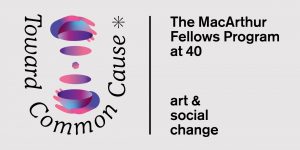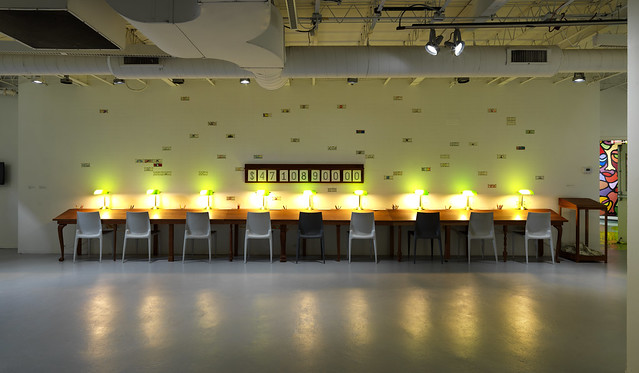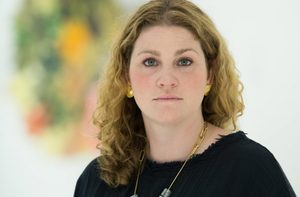Environmental racism and its disproportionate impact on communities of color, in rural and urban environments, is the subject of this sub-chapter of Toward Common Cause: Art, Social Change and the MacArthur Fellows at 40. The impacts of environmental racism, exacerbated by infrastructural inequalities including limited access to healthcare, healthcare workers, food, and clean drinking water are realities shared by disinvested and disenfranchised communities across the globe. These realities are highlighted in the work of three artists: Mel Chin, LaToya Ruby Frazier, and Fazal Sheikh.
This exhibition at Hyde Park Art Center is one of many exhibitions in multiple venues organized by the Smart Museum of Art at the University of Chicago under the umbrella title, Toward Common Cause. The expansive exhibition, which celebrates the 40th anniversary of the MacArthur Fellows Program, will encompass a broad spectrum of contemporary artistic practice, including community-based projects realized in public spaces as well as solo and group presentations in multiple museum, gallery, and community spaces. The full list of participating artists is online at the exhibition website, Toward Common Cause: Art, Social Change and the MacArthur Fellows at 40.
Image above: Fazal Sheikh





